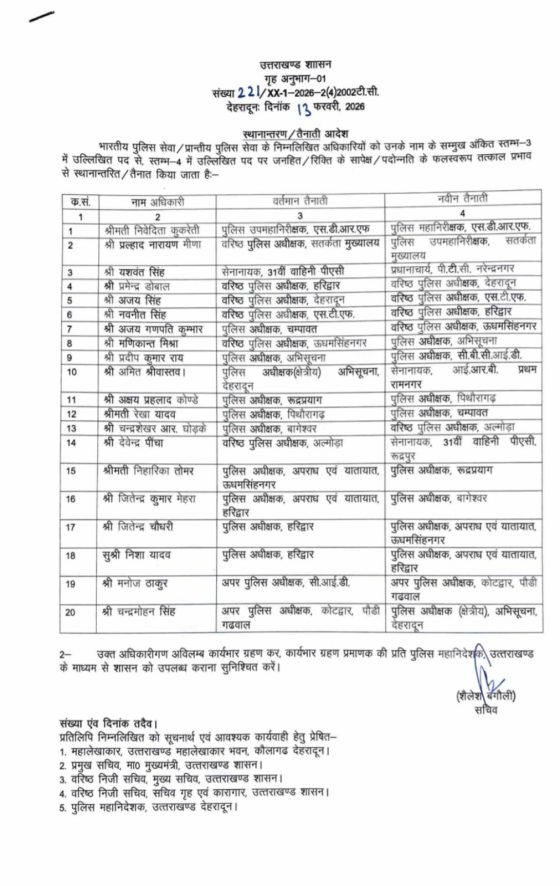DAINIK NATION BUREAU : Central government has asserted that there are no proposals to change the language of functioning in courts. The announcement comes amidst speculations and debates about potential language reforms in India’s judiciary system. While language plays a crucial role in the administration of justice, the government’s stance reflects its commitment to preserving the country’s linguistic diversity and ensuring access to justice for all citizens. This article explores the significance of language in the courts, the implications of any proposed changes, and the government’s decision to maintain the status quo.
The Importance of Language in Courts :
Language serves as a fundamental tool in the functioning of any judicial system. It plays a vital role in communication, comprehension, and the delivery of justice. In India, a multilingual and multicultural nation, language diversity is rich and varied. The Constitution recognizes 22 languages, and each state has its own regional language. The choice of language in courts is essential to ensure that litigants and legal professionals can participate effectively and fully comprehend proceedings.
The Debate on Language Reforms :
Over the years, there have been discussions on whether India should have a common language for its courts. Proponents of this idea argue that adopting a single language could streamline legal proceedings, facilitate national integration, and simplify the legal system. However, critics raise concerns about potential disadvantages, such as language barriers for non-native speakers and the erosion of linguistic diversity, which is an integral part of India’s cultural identity.
Preserving Linguistic Diversity:
India takes pride in its diverse cultural heritage, and language is a crucial component of this richness. The government’s commitment to maintaining the status quo in terms of the language of functioning in courts aligns with its broader objective of preserving linguistic diversity. It acknowledges that language is not merely a means of communication but also a reflection of the nation’s unity in diversity.
Ensuring Access to Justice:
A significant aspect of language in courts is ensuring that all citizens have access to justice. Language barriers can severely impact the delivery of justice, making it essential to provide litigants and lawyers with the freedom to use the language they are most comfortable with during legal proceedings. By upholding the current practice, the government is reaffirming its commitment to inclusivity and equitable access to justice for all Indians.
Challenges and Solutions:
While maintaining linguistic diversity is crucial, the government also recognizes the need for efficient and effective legal proceedings. To address challenges related to language barriers, measures such as translation services, interpretation facilities, and bilingual legal professionals can be considered. These steps can help bridge the gap between different language speakers and foster a more inclusive and accessible judicial system.
Language plays a significant role in the courts, shaping the delivery of justice and ensuring equal access for all citizens. The government’s recent announcement, clarifying its position on proposals to change the language of functioning in courts, upholds India’s commitment to preserving its linguistic diversity. As the nation progresses, striking a balance between linguistic identity and effective legal processes will remain a priority. By embracing technology and offering translation and interpretation services, the Indian judiciary can continue to be a symbol of unity, where citizens from all corners of the country can seek justice in a language they understand best.
 Dainik Nation News Portal
Dainik Nation News Portal

